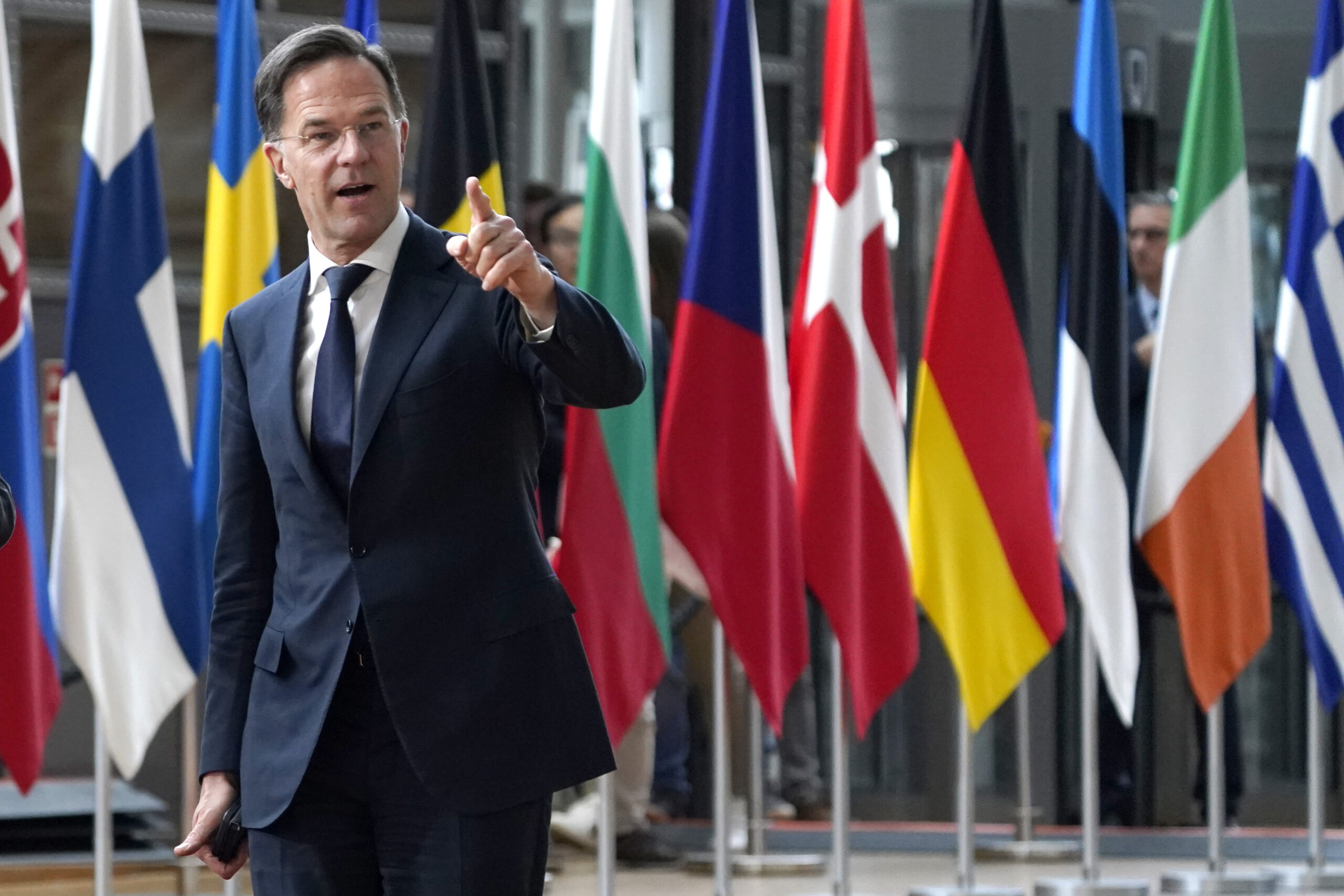Assassinating al-Awlaki
The successful assassination of alleged al-Qaeda in the Arabian Peninsula operative Anwar al-Awlaki was made possible by critical assistance from the Yemeni intelligence service. The U.S. had been targeting al-Awlaki for two years but had not been able to get a fix on him because he was constantly changing location, moving in different vehicles with a handful of bodyguards, and seldom stayed two days in the same place. He was also under the protection of the Awaliq clan in the south of Yemen, which made it difficult for outsiders to learn his whereabouts.
The U.S. hoped that his communications would prove a weak point, as has often been the case with other terrorist targets. This led CIA and NSA to implant a number of radio receivers in and around the region where al-Awlaki was believed to be operating, but the results were disappointing. Al-Awlaki, aware of the security risks of modern technology, avoided cell phones and other electronic means of communication. His Internet presence was carefully handled through cutouts who made recordings in safehouses and then uploaded the material to select jihadi websites. This was done in locations far from al-Awlaki himself—frequently in the Yemeni capital, Sana’a.
The break for the Yemenis came when al-Awlaki left his southern safe haven and moved to the northern part of the country, where he had less protection. A local village elder provided information on al-Awlaki’s whereabouts to the Yemeni government, whose security service was able to infiltrate several of its own agents into the area where he was staying. In a particularly audacious move, they were even able to conceal a global positioning device on one of his heavily guarded vehicles. The GPS proved decisive. When the vehicle started up and began to move, it was fired upon and destroyed, as was the escort vehicle that normally traveled with al-Awlaki.
 According to an intelligence source, the White House briefly considered attempting to capture al-Awlaki instead of killing him. The decision to kill was ostensibly made because a snatch operation was too risky, but the real reason was that it would lead to a trial—and the question of a military tribunal or a civilian court would be debated in Congress and the media. The evidence against al-Awlaki included considerable classified information that might reveal intelligence community sources and methods; if this material were excluded, the remaining evidence might not be sufficient to convince a jury or tribunal that he was guilty of anything other than exercising his First Amendment rights. Interestingly, the National Security Council meeting where the al-Awlaki issue was discussed was recorded in a memo from which any discussion of the dangers of going to trial was excised, leaving only an account of the tactical difficulties in attempting a capture instead of an assassination.
According to an intelligence source, the White House briefly considered attempting to capture al-Awlaki instead of killing him. The decision to kill was ostensibly made because a snatch operation was too risky, but the real reason was that it would lead to a trial—and the question of a military tribunal or a civilian court would be debated in Congress and the media. The evidence against al-Awlaki included considerable classified information that might reveal intelligence community sources and methods; if this material were excluded, the remaining evidence might not be sufficient to convince a jury or tribunal that he was guilty of anything other than exercising his First Amendment rights. Interestingly, the National Security Council meeting where the al-Awlaki issue was discussed was recorded in a memo from which any discussion of the dangers of going to trial was excised, leaving only an account of the tactical difficulties in attempting a capture instead of an assassination.
The killing of Anwar al-Awlaki has been touted as a great victory over al-Qaeda because Barack Obama is keen to burnish his national security credentials, but the dead propagandist is hardly irreplaceable, even as the “English voice of al-Qaeda.” The al-Qaeda target audience does not generally speak English except as a second language, and the impact of Anglophone propaganda is limited.
Philip Giraldi, a former CIA officer, is executive director of the Council for the National Interest.
